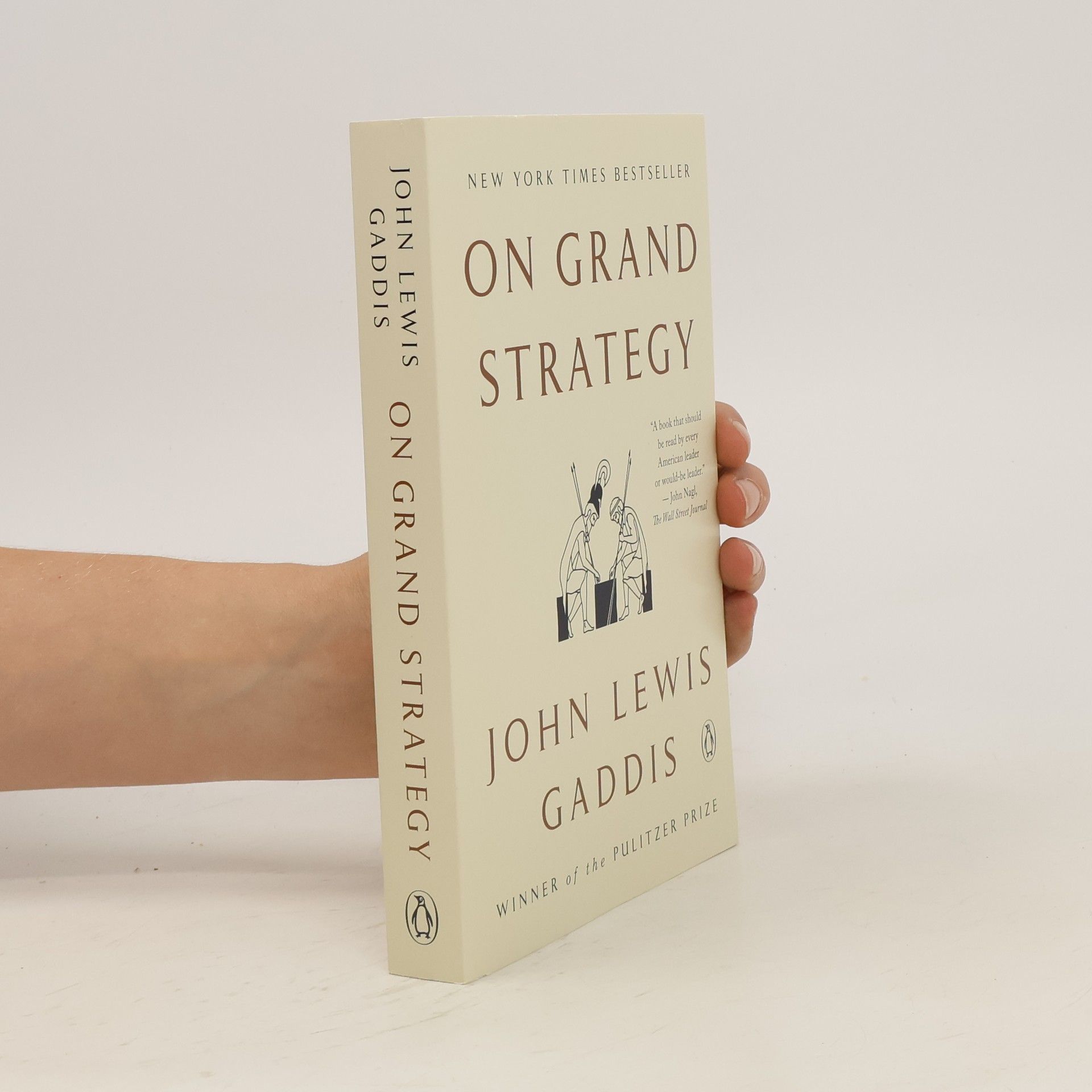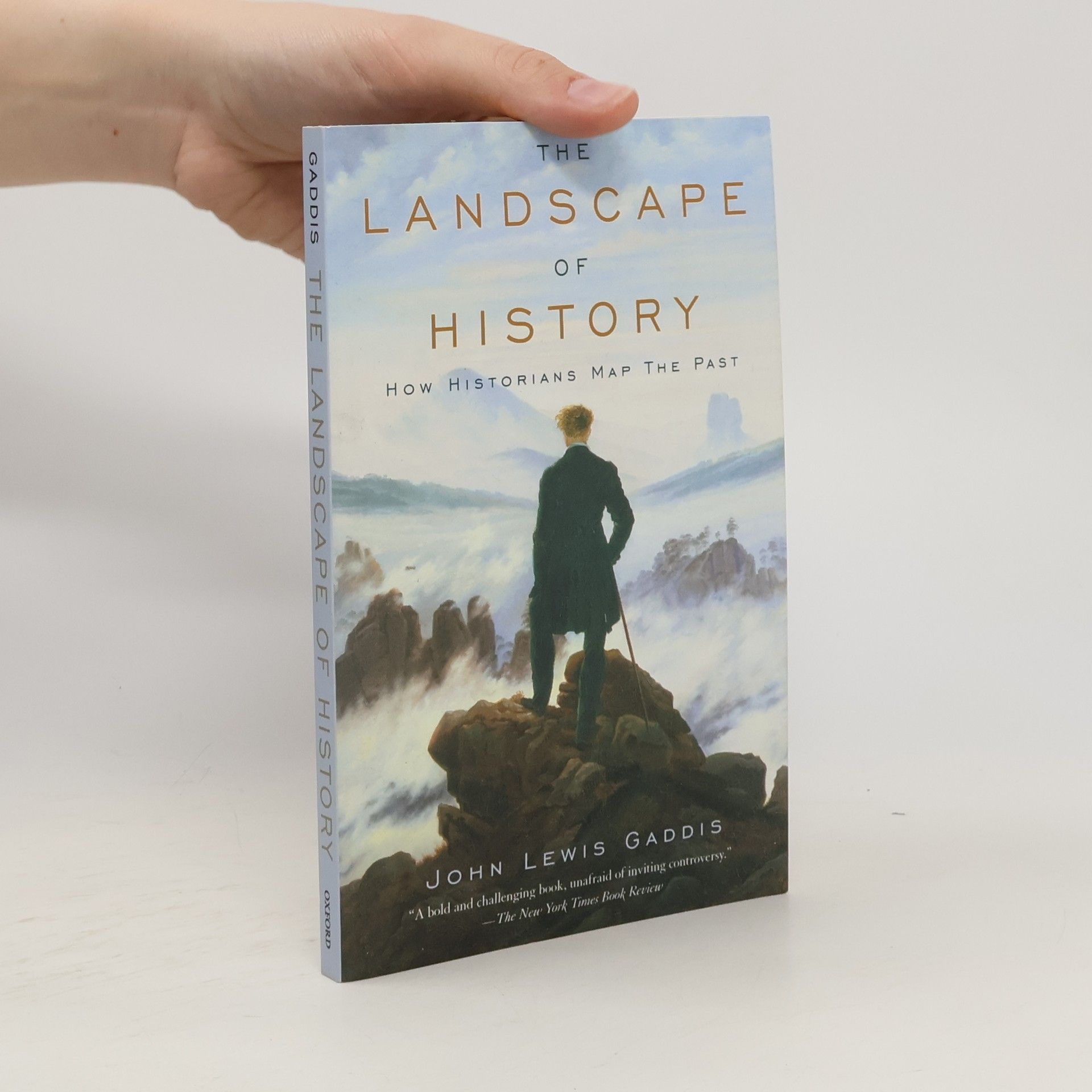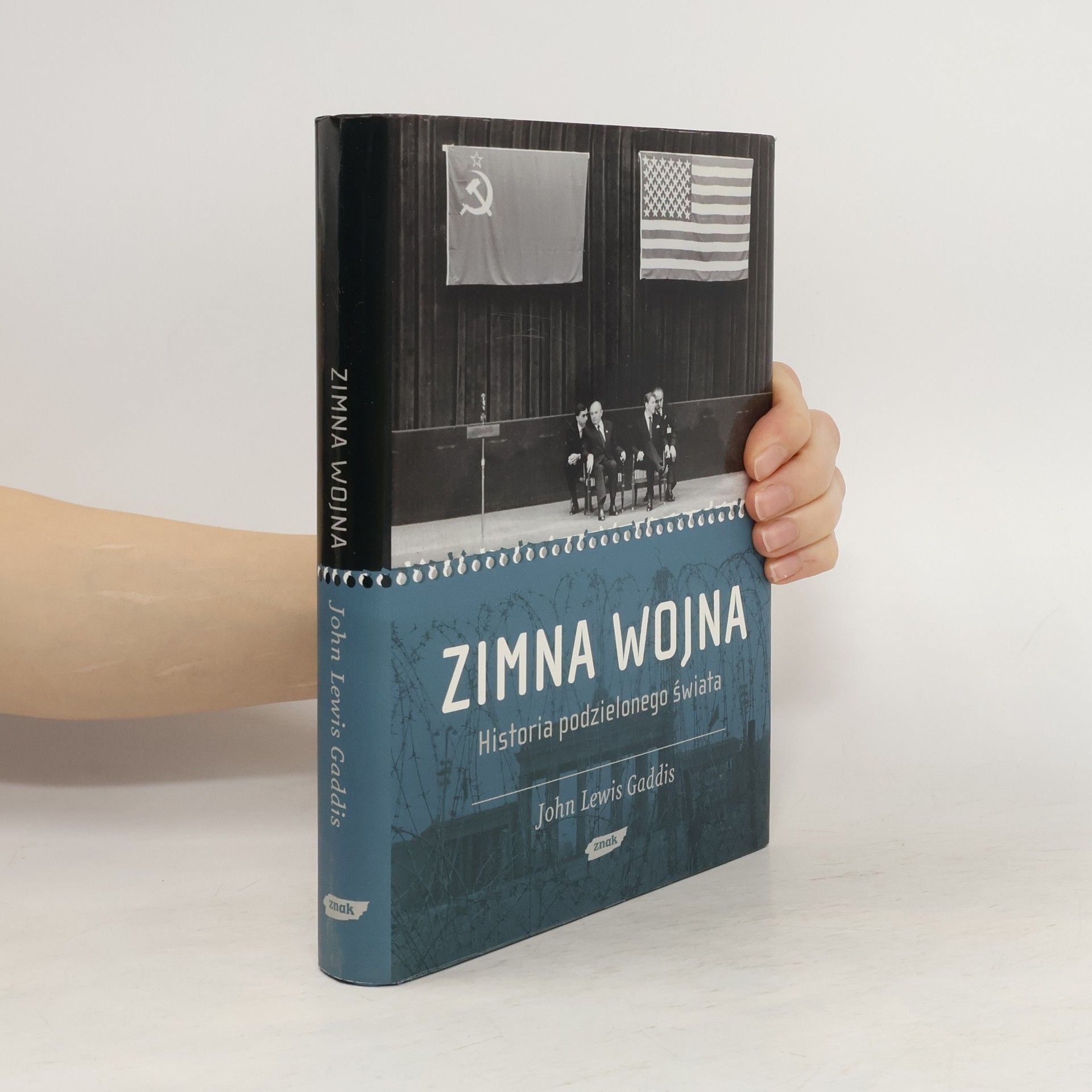Focusing on George F. Kennan, a pivotal yet complex figure in Cold War history, this biography explores his role in formulating the U.S. strategy to contain the Soviet Union through the influential "long telegram" and "X" article. The author, a leading historian, offers an in-depth look at Kennan's life, utilizing exclusive access to his archives. The narrative reveals the contradictions in Kennan's thoughts and actions, providing insight into a man whose life and ideas significantly impacted the course of the twentieth century.
John Lewis Gaddis Books
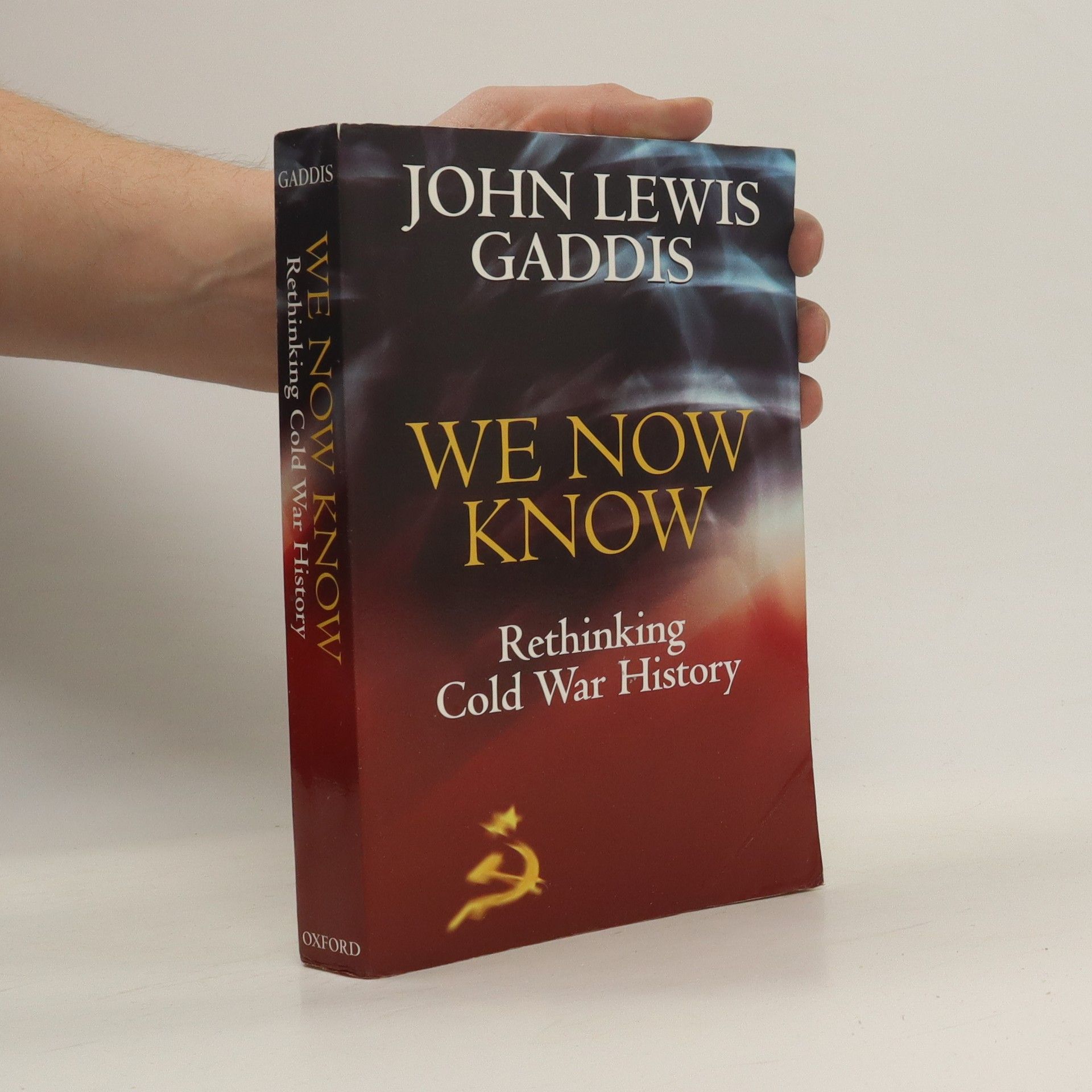
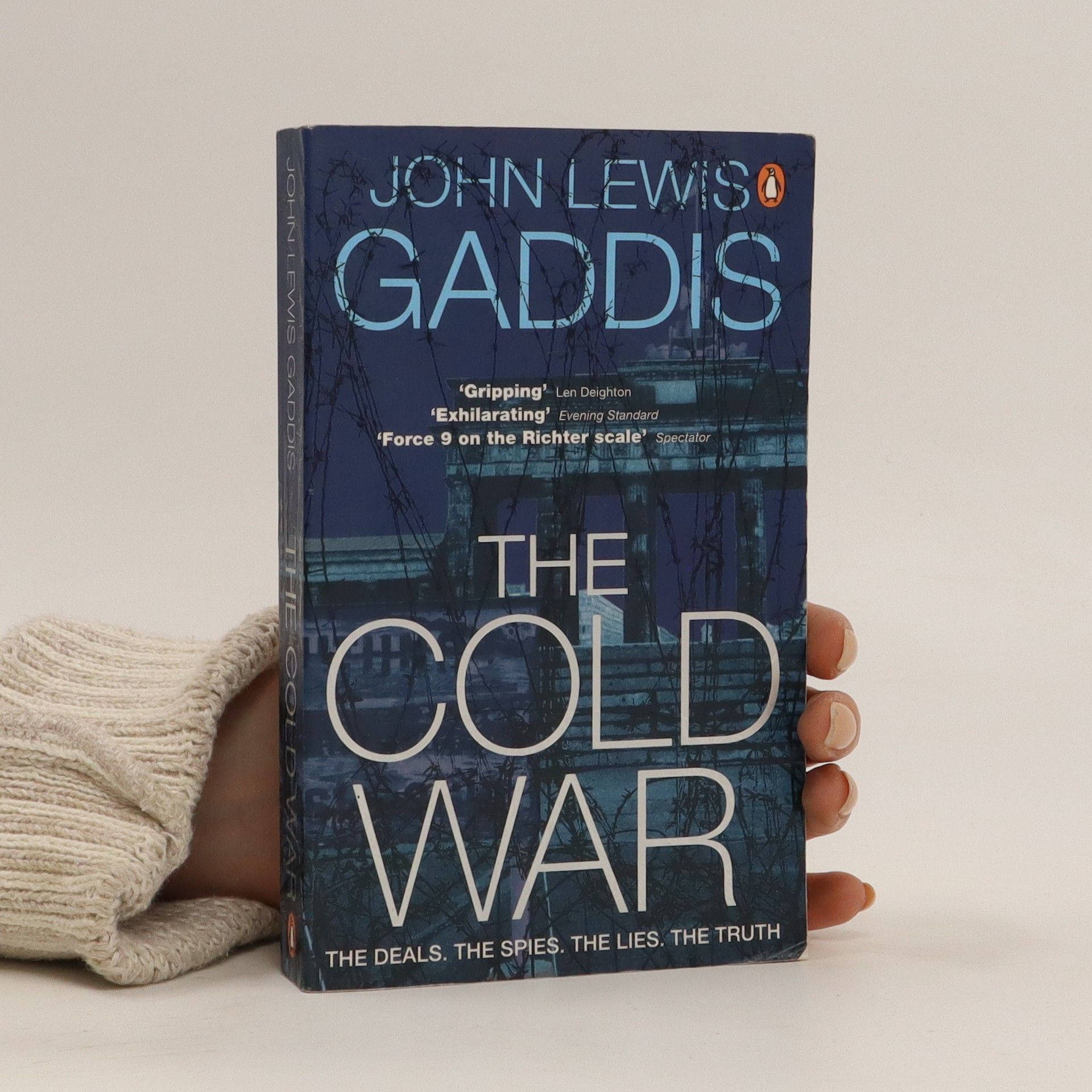


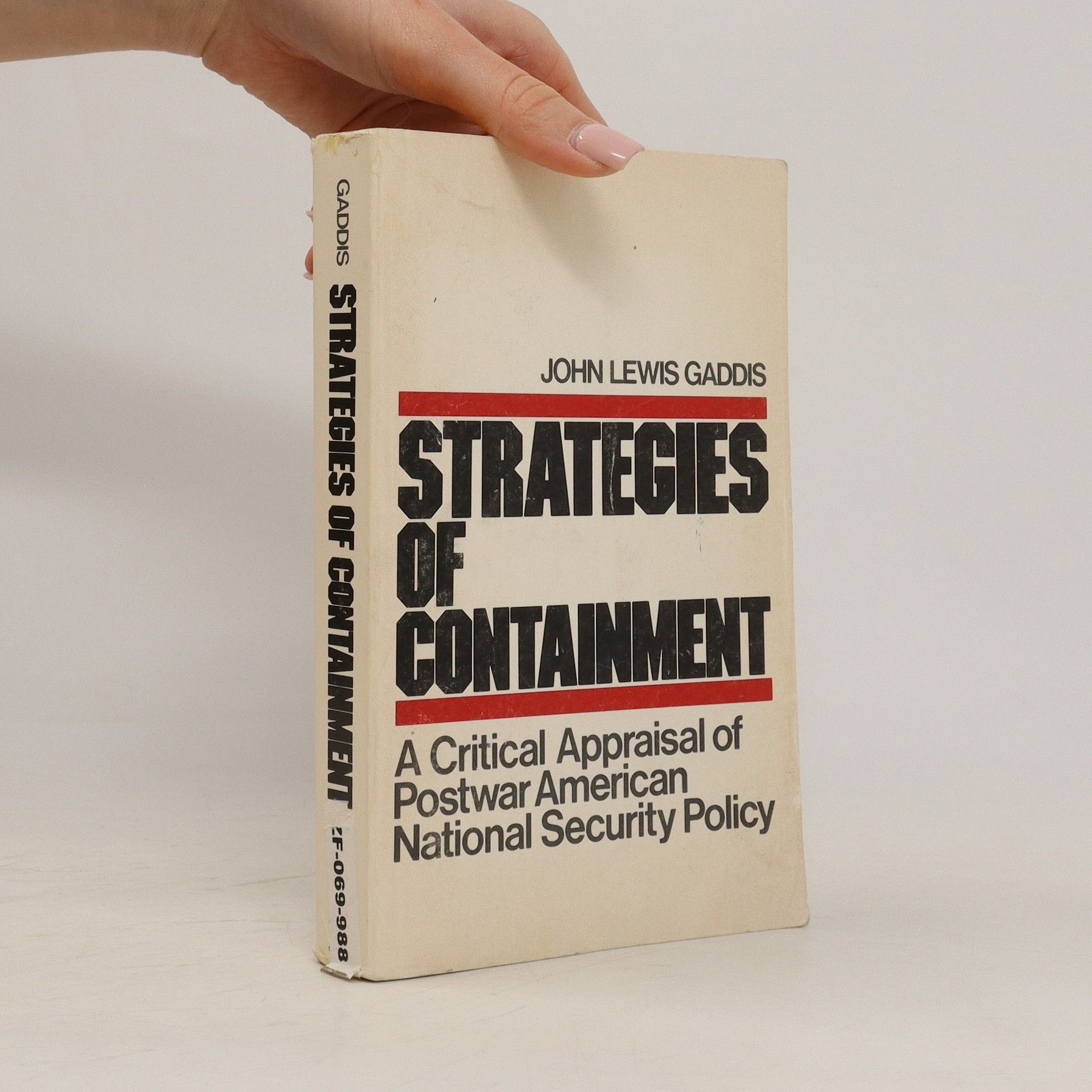
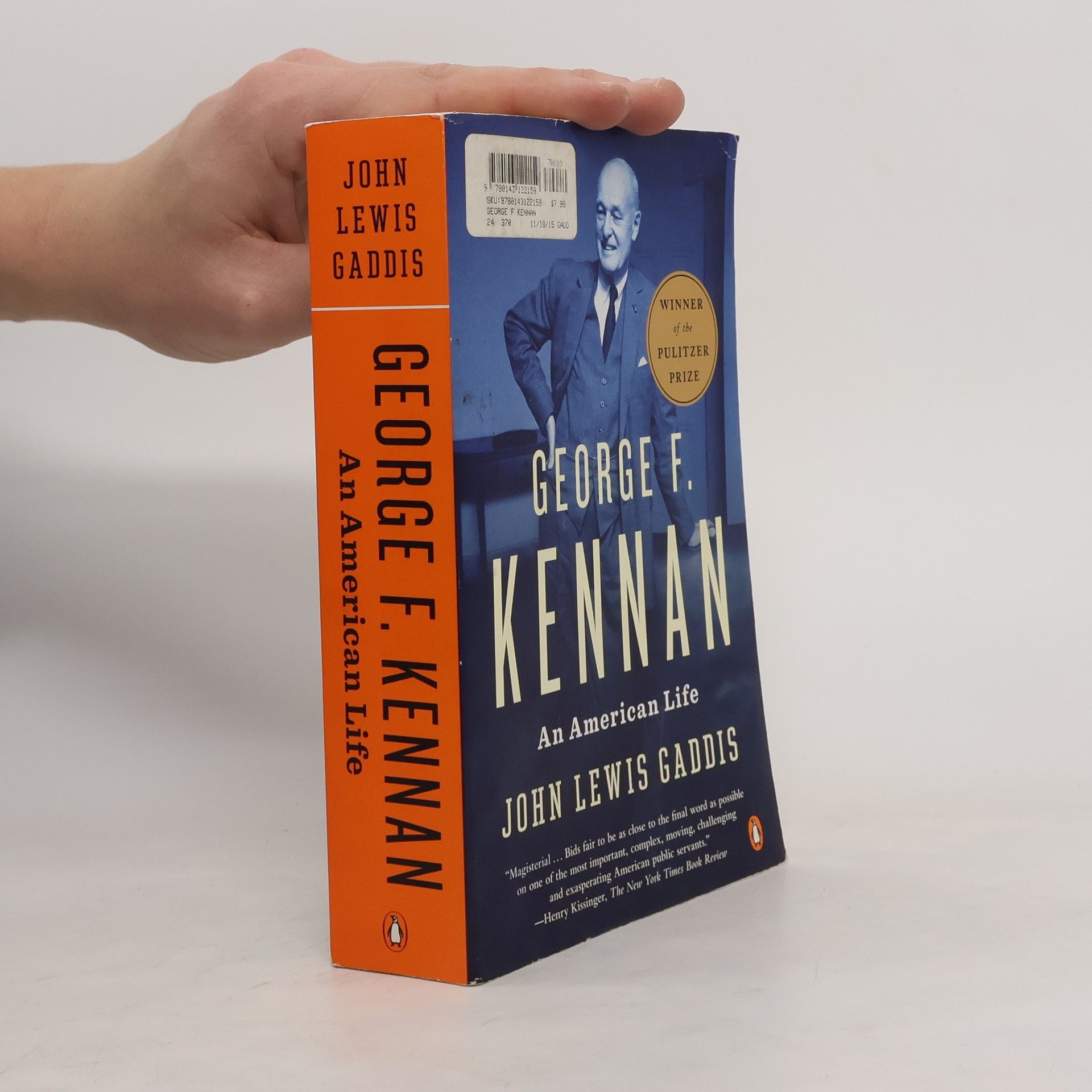
A discussion of United States foreign policy from World War II to the Carter administration is based on recently declassified government documents.
September 11, 2001, distinguished Cold War historian John Lewis Gaddis argues, was not the first time a surprise attack shattered American assumptions about national security and reshaped American grand strategy. The pattern began in 1814, when the British Army attacked Washington, burning the White House and the Capitol. This early violation of American homeland security gave rise to a strategy of unilateralism and preemption, best articulated by John Quincy Adams, aimed at maintaining strength beyond challenge throughout the North American continent. It remained in place for over a century. Only when Japan attacked Pearl Harbour in 1941 did the inadequacies of this strategy become evident: as a consequence, the administration of Franklin D. Roosevelt devised a new grand strategy of cooperation with allies on an intercontinental scale to defect authoritarianism. That strategy defined the American approach throughout World War II and the Cold War. The terrorist attacks of 9/11, Gaddis writes, made it clear that this strategy was now insufficient to ensure American security. The Bush administration has, therefore, devised a new grand strategy whose foundations lie in the nineteenth-
This book moves beyond the focus on economic considerations that was central to the work of New Left historians, examining the many other forces-domestic politics, bureaucratic inertia, quirks of personality, and perceptions of Soviet intentions-that influenced key decision makers in Washington. schovat popis
Beginning with World War II and ending with the collapse of the Soviet Union, this is a new account of the strategic dynamics that drove the age, with portraits of its major personalities and much fresh insight into its most crucial events. It contains much new information drawn from newly opened Soviet, East European, and Chinese archives. Now, as America once again finds itself in a global confrontation with an implacable ideological enemy, this is a story whose lessons it is vitally necessary to understand.--From publisher description.
We Now Know : Rethinking Cold War History
- 436 pages
- 16 hours of reading
Did the Soviet Union want world revolution? Why did the USSR send missiles to Cuba? What made the Cold War last as long as it did? The end of the Cold War makes it possible, for the first time, to begin writing its history from a truly international perspective. Based on the latest findings of Cold War historians and extensive research in American archives as well as the recently opened archives in Eastern Europe, the former Soviet Union, and China, We Now Know provides a vividly written, eye-opening account of the Cold War during the years from the end of World War II to its most dangerous moment, the Cuban missile crisis.We Now Know stands as a powerful vindication of US policy throughout the period, and as a thought-provoking reassessment of the Cold War by one of its most distinguished historians.
On Grand Strategy
- 384 pages
- 14 hours of reading
“The best education in grand strategy available in a single volume . . . a book that should be read by every American leader or would-be leader.”—The Wall Street Journal A master class in strategic thinking, distilled from the legendary program the author has co-taught at Yale for decades John Lewis Gaddis, the distinguished historian of the Cold War, has for almost two decades co-taught grand strategy at Yale University with his colleagues Charles Hill and Paul Kennedy. Now, in On Grand Strategy, Gaddis reflects on what he has learned. In chapters extending from the ancient world through World War II, Gaddis assesses grand strategic theory and practice in Herodotus, Thucydides, Sun Tzu, Octavian/Augustus, St. Augustine, Machiavelli, Elizabeth I, Philip II, the American Founding Fathers, Clausewitz, Tolstoy, Lincoln, Wilson, Franklin D. Roosevelt, and Isaiah Berlin. On Grand Strategy applies the sharp insights and wit readers have come to expect from Gaddis to times, places, and people he’s never written about before. For anyone interested in the art of leadership, On Grand Strategy is, in every way, a master class.
The Landscape of History
- 208 pages
- 8 hours of reading
What is history and why should we study it? Is there such a thing as historical truth? Is history a science? One of the most accomplished historians at work today, John Lewis Gaddis, answers these and other questions in this short, witty, and humane book.
